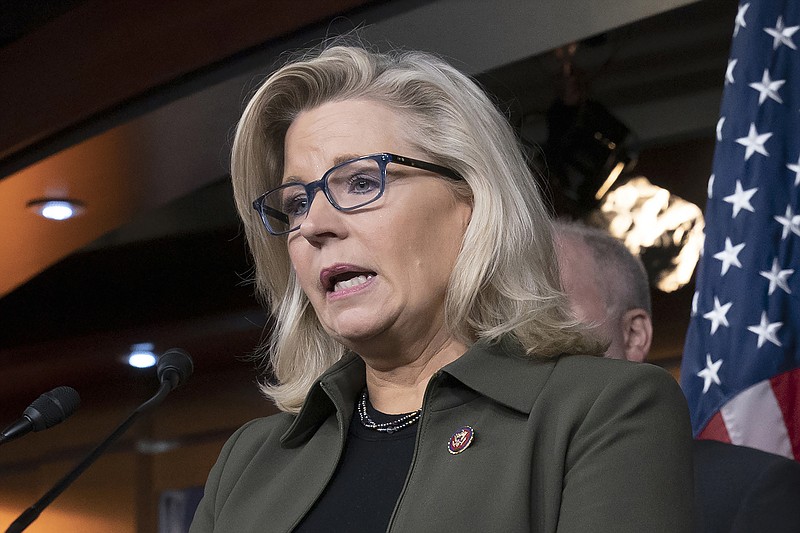WASHINGTON (AP) - Republicans mounting a challenge to Joe Biden's election win are setting up a congressional battle today that threatens to divide their party and the country.
With protestors already gathering in Washington to support President Donald Trump, the House and the Senate will convene a joint session to count the electoral votes cast in November's election. Trump has said there was widespread fraud, but his claims have been rejected by Republican and Democratic election officials and by judges, including at the Supreme Court.
Trump sees the joint session of Congress as one of his final attempts to overturn the results. Echoing Trump's claims, some of his Republican allies in Congress plan to formally object to the results, focusing on six battleground states - Arizona, Georgia, Michigan, Nevada, Pennsylvania and Wisconsin. However, a growing number of their GOP colleagues, especially in the Senate, said they would not sign on.
If an objection has support from a House member and a senator in writing, then both chambers will vote on it. That could happen three or more times today as Republican Sens. Josh Hawley, of Missouri, Ted Cruz, of Texas, and Kelly Loeffler, of Georgia, along with at least 10 other GOP senators, have indicated they will support at least some of the House challenges. It is unclear just what the Republican senators will do, but the process could drag into the night as the two chambers will have to consider each objection individually.
There could be more than 100 Republicans in the House willing to object.
The challenge to the presidential election is on a scale unseen since the aftermath of the Civil War.
The effort this week is expected to be much broader, but is all but certain to fail. Biden is set to be inaugurated Jan. 20.
Republicans had not yet settled on a full strategy the night before the joint session. A late-night meeting Monday convened by Cruz reached few conclusions, according to two Republicans familiar with the situation and granted anonymity to discuss it. Cruz will object to electoral results from Arizona, another Republican said - likely to be the first objection considered, in a state Biden won.
Hawley has said he will object to the Pennsylvania results, and Loeffler may object to Georgia, where she was vying to keep her seat in a runoff election Tuesday.

